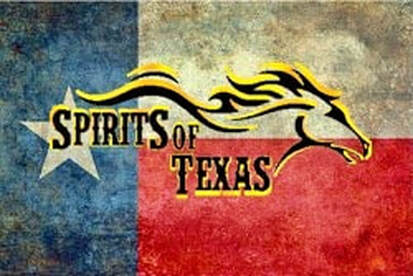August 24, 2021
Today in Texas history
By Bandera Spirits of Texas
On this day in 1946, Olin Teague began his 32-year tenure as a United States congressman. Teague was born in Woodward, Oklahoma, in 1910. As a child he moved with his family to Arkansas, where he earned the nickname "Tiger" for his play on the high school football team.
He attended Texas A&M University, from which he earned a Bachelor's Degree in 1932, and worked in the College Station post office until 1940.
In that year he enlisted for active duty in the army, receiving a commission as a first lieutenant. He took part in the Allied landing at Normandy in 1944, and became, after fellow Texan Audie Murphy, the most decorated U.S. combat soldier of World War II.
He was discharged from the army in 1946 with the rank of colonel and won a special election to fill the vacant seat for the sixth congressional district. In Congress, Teague became noted for his championship of veterans' issues and his support of the space program.
He retired at the end of 1978 because of poor health. In addition to several slight strokes in recent years, he had undergone the amputation of part of his left leg as a result of injuries suffered during the war.
In 1980, the VA hospital in Temple was renamed for him. Teague died of a heart attack and kidney failure on Jan. 23, 1981, and was buried in Arlington National Cemetery.
He attended Texas A&M University, from which he earned a Bachelor's Degree in 1932, and worked in the College Station post office until 1940.
In that year he enlisted for active duty in the army, receiving a commission as a first lieutenant. He took part in the Allied landing at Normandy in 1944, and became, after fellow Texan Audie Murphy, the most decorated U.S. combat soldier of World War II.
He was discharged from the army in 1946 with the rank of colonel and won a special election to fill the vacant seat for the sixth congressional district. In Congress, Teague became noted for his championship of veterans' issues and his support of the space program.
He retired at the end of 1978 because of poor health. In addition to several slight strokes in recent years, he had undergone the amputation of part of his left leg as a result of injuries suffered during the war.
In 1980, the VA hospital in Temple was renamed for him. Teague died of a heart attack and kidney failure on Jan. 23, 1981, and was buried in Arlington National Cemetery.


